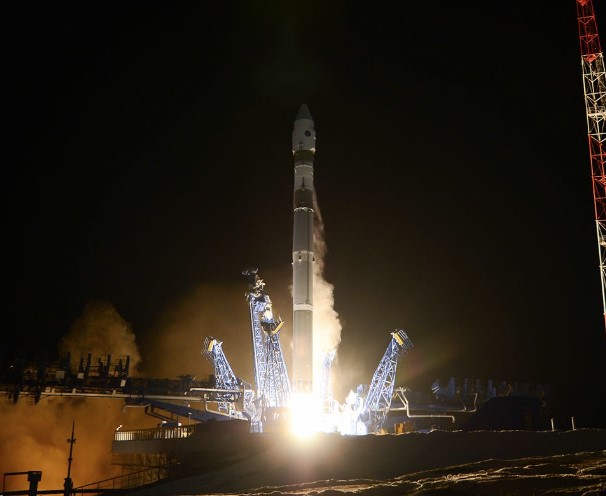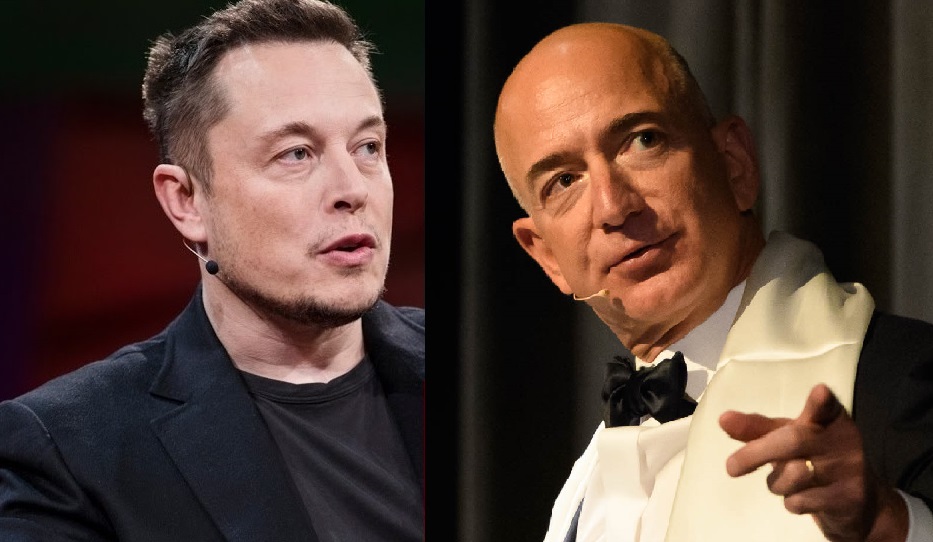Germany is now paying for Ukraine to use a satellite-internet service from a French company named Eutelsat. This move comes as European countries try to find other options besides Elon Musk’s Starlink network. Starlink is currently the main provider of internet service to Ukraine, especially during the ongoing war with Russia.
Germany Steps In to Fund Internet Access for Ukraine
Eutelsat, based in France, has been offering high-speed satellite internet to Ukraine for about a year. The service is provided through a German distributor and is completely funded by the German government. However, Eutelsat’s chief executive Eva Berneke did not share how much Germany is spending on this support.
At the moment, fewer than 1,000 internet terminals are active in Ukraine under Eutelsat’s network. This is a very small number compared to the nearly 50,000 Starlink terminals that are already in use across Ukraine. Still, Eutelsat hopes to increase its presence. Berneke said they are aiming to send between 5,000 and 10,000 more terminals to Ukraine soon — possibly within just a few weeks.
When asked if Germany would pay for these additional terminals too, a spokesperson from Eutelsat named Joanna Darlington said that the matter is still being discussed. There is no clear answer yet about whether the funding will come from Germany or other parts of the European Union.
China’s Veiled Warning to US; WZ-9 Drone Could Detect F-35 and B-21
Germany’s foreign ministry has not responded to questions from reporters about the funding or future plans.
Starlink Dependency Raises Concerns in Europe
One big reason Europe is looking for other options is the concern about relying too much on Starlink, which is owned by U.S. tech billionaire Elon Musk. Starlink is part of Musk’s SpaceX company and has been very important for Ukraine’s military and emergency internet use during the war. However, Musk is known to be close to former U.S. President Donald Trump.
Since Trump’s return to office, there have been worries in Europe about whether Starlink will remain a reliable source of internet for Ukraine. If political decisions in the U.S. change Starlink’s support, Ukraine could face internet blackouts during critical times.
Eutelsat’s internet service is operated through OneWeb, a company it owns that is one of the few rivals to Starlink. Like Starlink, OneWeb uses low-Earth orbit satellites. These satellites sit much closer to the Earth than traditional satellites, which allows them to send and receive data more quickly. This makes the internet faster and more reliable for remote places, ships, and even armies.
Norway’s Risky K9 Howitzer Gamble Shakes Arctic Tensions
Eutelsat also said they are in talks with the European Union about giving more internet access to Ukraine. These talks are happening as part of a European Union-backed group working on a large project called IRIS². This project is focused on building long-term satellite communication systems in Europe.
For now, Eutelsat says it also has older-style satellites — called geostationary satellites — that are already available. These satellites are farther from Earth and a bit slower but can still be used for internet. They also work with cheaper terminals that are good for regular users or as a backup system.
Berneke said that during times of war, like in Ukraine, it’s smart to have more than one internet option. Even though Starlink is still working, it’s important to have a backup in case something goes wrong or the service is stopped.
Elon Musk’s SpaceX Launched Crewed Mission with Chinese Crypto Magnate’s Millions
EU Pushes for Its Own Satellite Services
Ukraine’s internet support is not just coming from Germany and France. Poland has also helped in a big way. Of the 50,000 Starlink terminals Ukraine says it has received, about half were provided by the Polish government. Since 2022, Poland has spent around $84 million on buying and maintaining Starlink service for Ukraine. The U.S. government and SpaceX have also given Ukraine access to Starlink.
Recently, the European Commission — which is the executive body of the EU — released a white paper suggesting that Europe should fund Ukraine’s space communication needs using companies based in the EU.
US Senator Warns: SpaceX Deal Could Jeopardize US Air Force’s Satellite Program
The European Commission’s defence official Andrius Kubilius met with Poland’s defence minister in Warsaw this week. When asked by reporters about Starlink alternatives for Ukraine, he said that there are solutions ready in case something unexpected happens. However, he did not give more details.
Kubilius also said that Europe needs to build its own space communication tools quickly. He mentioned two efforts that are already happening. One is called GOVSATCOM, which combines different national satellite systems and is expected to start working by mid-year. The other is the larger IRIS² project, a partnership between public and private sectors in the EU. But IRIS² is still being developed and is not expected to be ready until around 2030.
These developments show that Europe is taking steps to prepare for any disruptions in internet access for Ukraine. With concerns about relying too much on Starlink, Germany’s decision to fund Eutelsat is one of several actions being taken to ensure Ukraine stays connected during the conflict.




